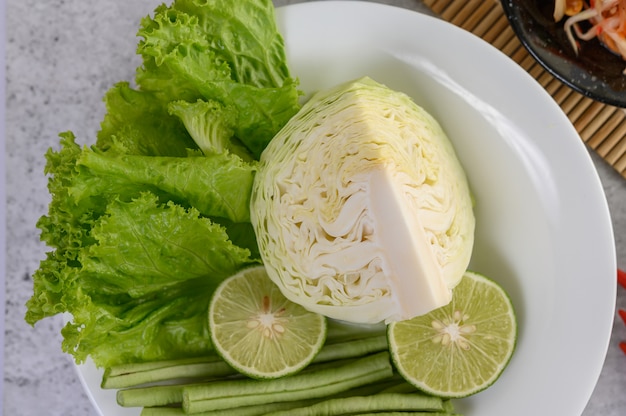
Fermented foods like sauerkraut, kimchi, and kefir are trending, but do they really benefit your health? Let’s explore the story of Donna Schwenk to understand their potential impact.
Thirteen years ago, Donna Schwenk, then 41 and pregnant with her third child, faced severe health issues. After developing preeclampsia, her liver began to fail, and her baby, Holli, was delivered prematurely and weighed only four pounds. Schwenk herself struggled with diabetes, high blood pressure, and extreme fatigue, finding it hard to care for her newborn. In her search for solutions, she stumbled upon the book “The Body Ecology Diet” by Donna Gates, which discussed kefir, a fermented milk drink rich in beneficial bacteria. Encouraged by a shop assistant’s recommendation, she decided to give it a try.
Schwenk started adding kefir to her diet and to Holli’s bottles. Remarkably, within a month, Holli had gained four pounds, and within 12 weeks, Schwenk’s blood pressure and blood sugar levels returned to normal. She also regained her energy and felt healthier for the first time in years. Convinced of kefir’s benefits, Schwenk went on to write “Cultured Food for Life,” advocating the health advantages of fermented foods.
Fermented foods are not just about improving digestion; they also impact immunity, metabolism, and mood. Schwenk’s story is featured in a PBS Special, “Health Breakthroughs,” exploring the positive effects of fermented foods like kefir, yogurt, and sauerkraut. The New York Times even highlighted fermented foods as a significant future food trend.
Healthy eating advocate Michael Pollan has shared his enthusiasm for DIY fermentation, which led to his kitchen becoming a hub of homemade fermented foods. Nutritionists like Kimberly Snyder and Kathie Swift also emphasize the importance of gut health, explaining that our gut bacteria play a crucial role in overall well-being. Swift details how balancing gut bacteria can influence digestion, vitamin absorption, and even conditions ranging from autoimmune diseases to mood disorders.
Research supports these claims, showing that altering gut bacteria in obese mice helped them lose weight and even reduced anxiety in mice when their gut bacteria were changed. The gut houses a large portion of our immune system and produces essential mood-regulating chemicals like serotonin.
Our gut hosts an enormous number of bacteria, and maintaining a balance of about 85% good bacteria is key to health. Factors like a diet high in sugar and caffeine, stress, antibiotics, and certain medications can disrupt this balance. Nutritionists like Daniel O’Shaughnessy explain that such imbalances can lead to various health issues, and restoring good bacteria can alleviate symptoms.
Many people turn to store-bought probiotic drinks for gut health, but these often contain high sugar levels and transient bacteria that don’t last in the gut. A better approach may be incorporating a variety of fermented foods into your diet, as different foods like kefir, sauerkraut, and kombucha offer different beneficial bacteria strains.
While probiotic pills are an option, they may not be as effective as fermented foods. Some pills even contain unwanted bacteria, and their sources can be questionable. Traditional food fermentation has been part of diets worldwide for centuries. Fermented foods are nutrient-rich and aid digestion due to their natural acidity.
From kimchi in Korea to sauerkraut in Germany and natto in Japan, fermented foods are integral to many cultures. Fermented food consumption is believed to contribute to Japan’s high life expectancy.
However, moderation is key. Jill Ciciarelli, author of “Fermented: A Four Season Approach to Paleo Probiotic Foods,” advises including small amounts of a variety of fermented foods in your diet to avoid potential digestive upset. Beginners should introduce these foods gradually to let their gut adjust to the increased beneficial bacteria.
Look for products labeled with raw, live cultures, as pasteurized versions lack live bacteria. You can even make your own fermented foods at home. Start small and progressively add more variety to ensure you get a wide array of beneficial bacteria.
Fermented foods like kefir, miso, sauerkraut, coconut yogurt, and kombucha tea are widely available and can easily be incorporated into your diet. They offer numerous health benefits when consumed in moderation and variety.
To sum up, fermented foods can be a valuable addition to your diet, promoting gut health and overall wellness. Consider starting with small amounts and expanding your intake as your body adapts.